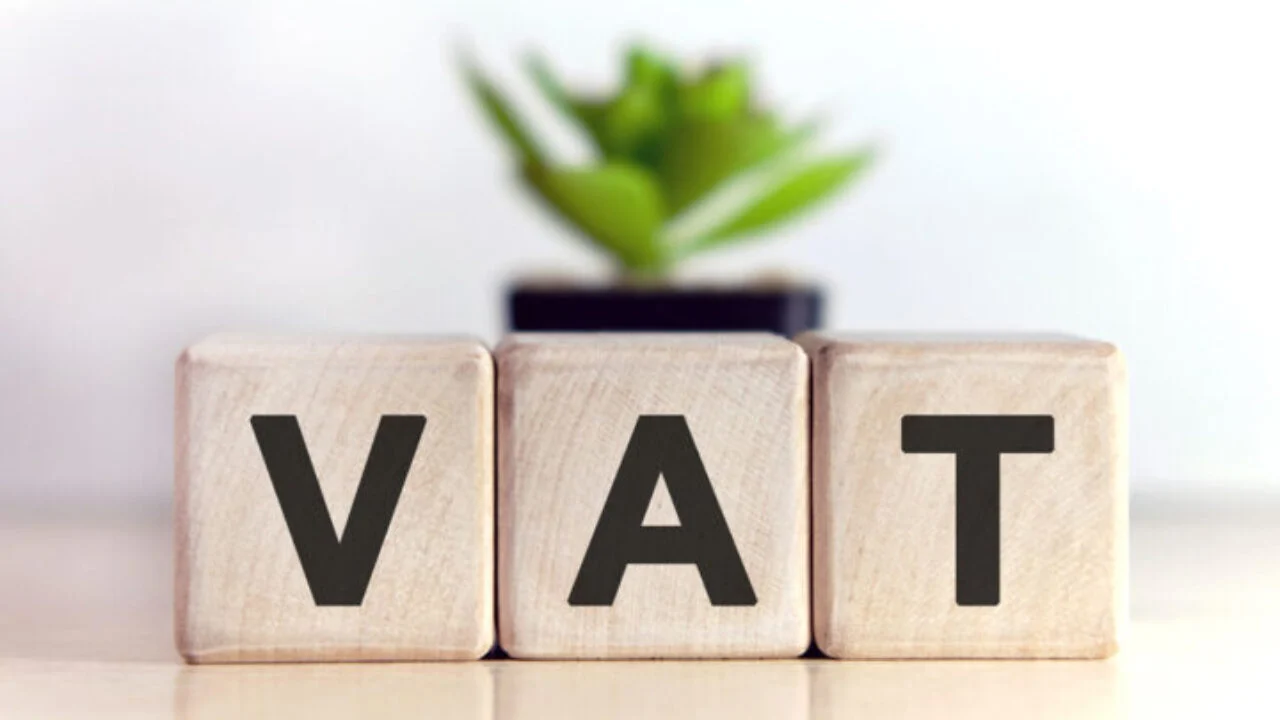By Felicia Nwosu
Nigeria’s Minister of Finance, Wale Edun, has announced a significant shift in the country’s tax policy, revealing plans to impose a 15% Value Added Tax (VAT) on luxury goods. This move, he saud, aims to increase revenue while protecting the most vulnerable citizens.
He noted that the progressive tax reform aims to promote economic growth, reduce inequality, and increase revenue for the federal government. By targeting luxury goods, the government seeks to redistribute wealth and promote a more equitable society.
Edun’s announcement comes as part of Nigeria’s broader efforts to revamp its economy and address fiscal challenges, as the government hopes to strike a balance between increasing revenue and protecting the most vulnerable segments of the population.
Speaking on the sidelines of the IMF/World Bank Annual Meetings in Washington DC, Edun clarified that the new VAT rate would primarily target luxury goods, while essential items would be exempt or subject to a zero rate, stating that the government ensures that the poorest and most vulnerable will be shielded from the tax increase.
He affirmed that the progressive tax reform aims to promote economic growth, reduce inequality, and increase revenue for the federal government. This, he maintained, is by targeting luxury goods, the government seeks to redistribute wealth and promote a more equitable society.
According to Edun, a bill proposing the VAT increase is currently before the National Assembly, awaiting approval. Once passed, the new tax rate will be implemented in phases, with the wealthy bearing the brunt of the increase. The government will publish a list of essential goods exempt from VAT in due course.
President Bola Tinubu’s administration is committed to implementing difficult but necessary reforms, Edun emphasized. “While implementing these reforms, the poorest and most vulnerable will be protected,” he assured.
Edun also expressed optimism about the oil sector’s potential to boost foreign exchange influx, driven by enhanced security and new investments. He cited announcements by Total and ExxonMobil as examples of the growing interest in Nigeria’s oil industry.
According to him, the savings from fuel subsidy removal are expected to positively impact the economy going forward.






Comment
No comments found.